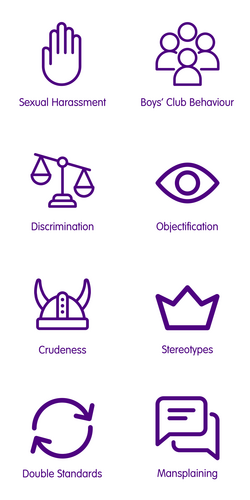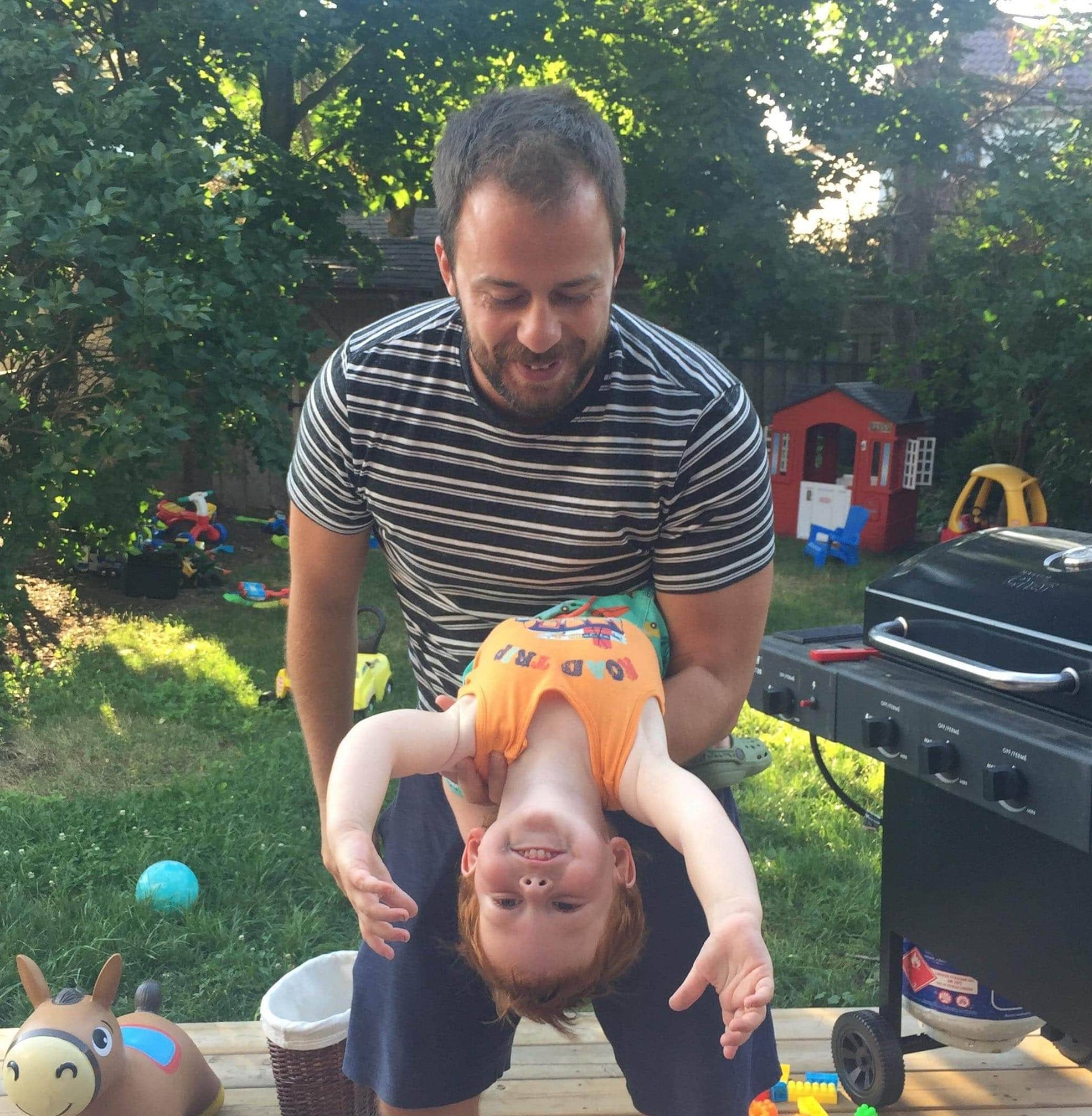By age 18, 1 in 3 women will have experienced some form of sexual harassment or assault. Female students (and employees) in STEM programs experience significantly higher rates of sexism, discrimination, exclusion, and sexual harassment than women in non-STEM disciplines.
According to the Statistics Canada 2019 survey, 71% of students at Canadian postsecondary schools witnessed or experienced unwanted sexualized behaviours in a postsecondary setting—either on campus, or in an off-campus situation that involved students or other people associated with the school. Most of those who had experienced these unwanted behaviours stated that the perpetrators were fellow students. Relatively few students said that the perpetrators were professors and others in positions of authority.
Most of those who witnessed these events, said they did not respond because they felt uncomfortable (48%), feared negative consequences (28%), or feared for their safety (18%). To ensure everyone has a safe environment in which to learn, it is helpful to have the knowledge, understanding, and skills to respond effectively to these situations. Male identifying individuals play an important role in addressing these concerns.
As society learns more about the causes, both direct causes such as breaking consent, and indirect causes like systems that benefit men and blame victims/survivors for what happened to them, it’s important to learn about these causes and how you can contribute to preventing them. It’s not just to show the people around you that you want them to lead a life free of gender-based violence and the many barriers it creates, but it also shows future employers that you’ve invested in equity work – one more way to set your resume apart of the rest of the crowd. Please note: This certificate is available to male identifying participants only.
Join Chris Martin (he/him) to unpack masculinity versus toxic masculinity, what privilege is, and how to show up as allies to women and other marginalized membership groups such as Black, Indigenous and Racialized women or the 2SLGBTQ+ community in these interactive workshops. A better world is happening right now and you can be a part of the long-term change by becoming a Male Ally in your own life.
Education is Key
The negative influences of sexism, misogyny, and gender-based (GBV) violence on society are extensive and impact every member of society. GBV is a complex problem that intersects with many other issues and situations, such as poverty, ethnicity, and sexuality. Each one of us has a role to play in creating a more equitable and supportive society. For more information on GBV, see the websites below.
- What is Gender-Based Violence (Government of Canada)
- How Gender-Based Violence Impacts Mental Health (Canadian Women's Foundation)
- Facts about Gender-Based Violence (Canadian Women's Foundation)
- University of Waterloo, Sexual Violence Prevention and Response Office (SVPRO)

What is gender-based violence (GBV)?
- Gender-based violence refers to the many types of harm inflicted on an individual because of their gender. It can take physical or emotional forms that includes sexist jokes, name-calling, exclusion, control or manipulation, pushing, blocking, stalking, harassment, and all forms of assault.
- GBV is especially problematic in STEM fields. Female students and employees in post-secondary STEM programs experience 50% more GBV than women in non-STEM programs, including 3.8 times more rape attempts.
- In 2016, the Public Health Agency of Canada declared GBV a public health concern, noting the the impact of GBV goes beyond the immediate injury to include long-term impacts on the individual, families, and society.
Sessions for Students & Employees
Spring 2024 Term
Locations and online session links will be emailed 48 hours prior to the event.
- Men as Allies, The Man Box: Thursday, June 6th - 10:00 am - 11:30 am - Register Here
- Men as Allies, The Continuum of Harm: Wednesday, June 19th - 12:00 pm - 1:30 pm - Register Here
- Healthy relationships & consent culture in the workplace: Monday, June 24th - 7:00 pm - 8:30 pm - Register here
See below for information on the individual sessions. Room location or link to the online session will be provided 48 hrs before the event.
Sessions are provided by the SVPRO and open to students and employees.
Certificate Requirements:
Workshops can be taken individually or as part of the Male Allyship Certificate from the University of Waterloo Sexual Violence Prevention and Response office. To receive the Male Allyship Certificate complete all four workshops. Workshops can be taken in any order and the certificate can be completed over two years. This certificate is available to male identifying participants only.
Special notes:
- Multiple workshops will be offered every term
- All workshops will be offered multiple times a year, but not all workshops are offered every term
- A Certificate of Completion will be provided upon completion of all 4 workshops
- Maximum of 30 participants
For more information, please contact the Community Wellness Team.
If you have experienced sexism, harassment, or gender-related discrimination, there is support for you. Please consider contacting the Sexual Violence Prevention and Response Office (SVPRO) for support and resources. All inquires are confidential and coming to SVPRO does not automatically initiate an investigation; however, if you wish to pursue a formal complaint, they can support you through the process.
